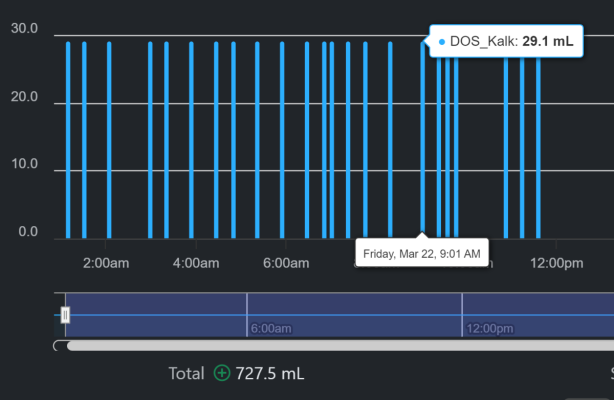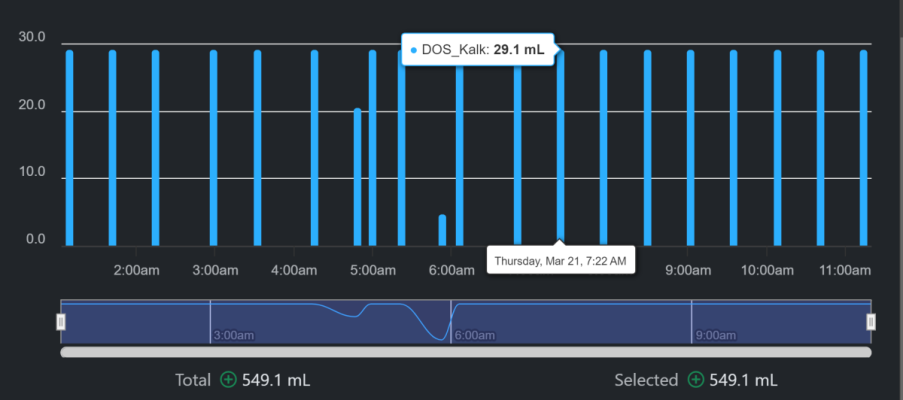Kick Your Reefing Game Up a Notch
Are you ready for the next level of reef tank dosing? Don't just maintain alkalinity, lock down your pH while you're at it!
ACI Aquaculture's pH Control with Kalkwasser Dosing
Learn how to amp up to the next level of reef keeping today!

This article is intended for intermediate to advanced reef keepers. Implement at own risk.
Are you ready for the next level of reef tank dosing? Don't just maintain alkalinity, lock down your pH while you're at it!
ACI Aquaculture's pH Control with Kalkwasser Dosing
Learn how to amp up to the next level of reef keeping today!
This article is intended for intermediate to advanced reef keepers. Implement at own risk.




















